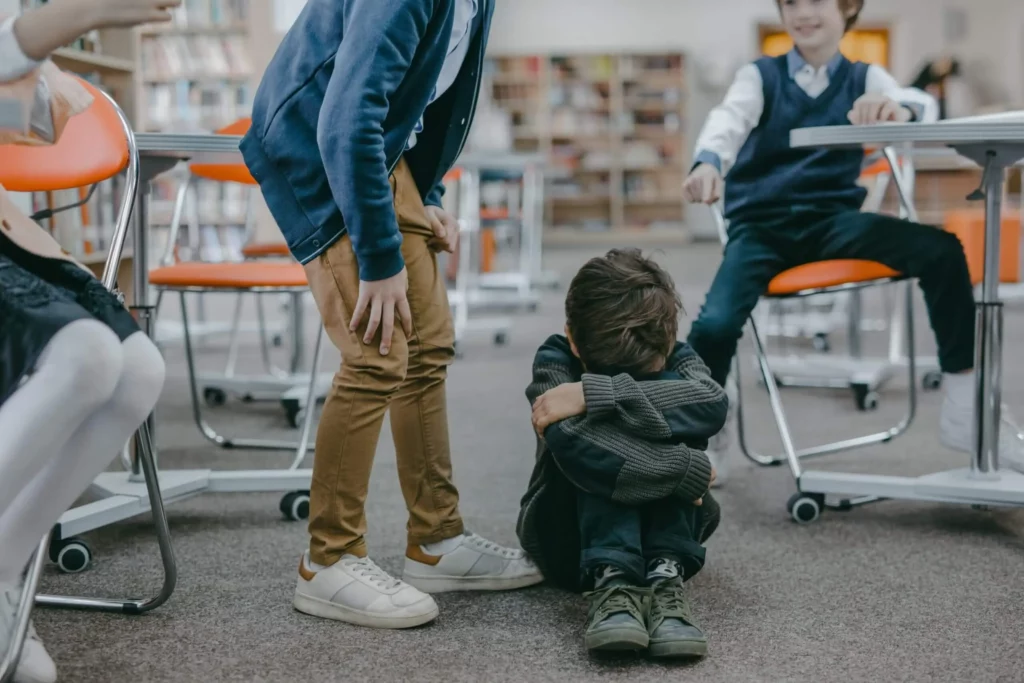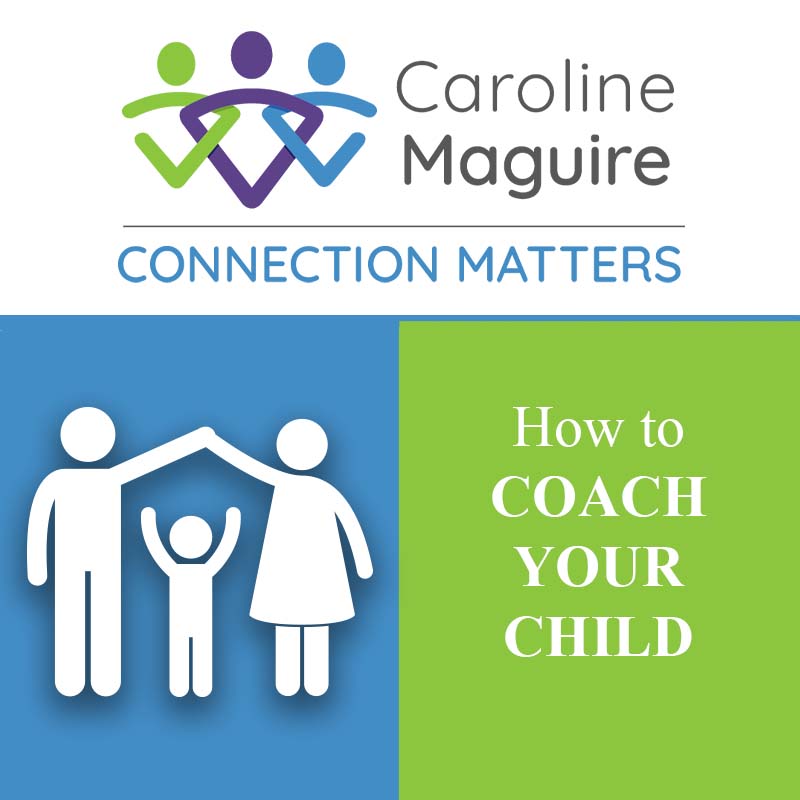Kids Need Your Support, Not Passive Parenting: Help Them Stand Up to Bullies

School is back in-person (for many) and your child was placed – again – with “those” kids—the mean ones, the cliquey ones, the ones who dictate the terms of how the year will go. Kids know who they are, and so do parents. We talk around it because we don’t really know how to help our kids stand up to bullies.
I work extensively with kids from across the social skills spectrum — kids who’ve been called bullies or bossy, kids who always seem to be victims, bystander kids who’ve learned to look the other way. I know the kids who are rude and unthinking who, after years of being miserable, have learned to go on the offense, making some other kid miserable first. The victims feel trapped and helpless. So do other kids who witness hurtful behavior and remain silent.
Three Misconceptions About Social Cruelty and Bullying
- “Kids will be kids” and all kids “can be mean”—overlooking that the level of cruelty dealt out by some is markedly different and hurtful.
- We should wait and see … to talk to the teachers, the school or the parent of a child who treats others this way, hoping time will resolve the problem.
- parents have little or no influence – and there is nothing they can do.
All of these things are untrue. The idea that kids will just figure it out on their own—that they need to do so—has a long, miserable and misguided history. When we believe the story that “there’s nothing we can do,” we leave our children to bear the burden. They need our help. Every child needs to believe that change is possible. And they need the social skills to do it.
Bullying, cliques, and exclusive behavior doesn’t come from a few bad apples, and it’s not just a fact of life: It’s the result of kids having been bullied themselves, kids suffering low self esteem, kids lacking empathy, or kids who lack the emotion regulation skills they need to manage their feelings and impulses. Children aren’t born bullies, victims or uncaring bystanders. Problematic social behavior is a sign that a child needs help, not harsh judgment. Adults can teach kids to develop empathy and ways to manage their feelings in situations that makes them feel helpless, scared or defensive. Stronger social skills provide them with healthier coping strategies in social situations and a sense of agency as they choose how to interact with others. The skills to thrive socially and with kindness are teachable if only someone takes the time to teach them.
This year, don’t wait for social dust-ups or disasters to start the conversation with your child, with other parents and at your school for coaching important social skills. Step in and step up:
Stand up to bullies: If you see something, do something.
Call out meanness or bullying when you see it. Bring your concerns to a teacher, recess monitors, bus drivers, administrator or the parent of a child whose behavior is concerning to discuss how the situation can be addressed. Actively advocate for inclusion.
Focus on calm, kind, constructive communication.
It’s important to keep your cool (emotion regulation) in conversation with any child, parent, teacher or others. Problem solving calls for a collaborative tone and intention. Don’t gossip about other kids or parents. Engage for change.
Coach your child and their friends in simple kindness, empathy and basic social skills.
It’s easy to focus on the failings of others—kids and parents alike.
How to coach your kid to stand up to bullies, treat others fairly and kindly, and to expect the same for themselves:
• Talk to your child about the behavior she sees. Ask her what she thinks is happening and what factors might be contributing to it (personalities, time, place, or other pressures). Problem solve with your child and her friends to help them find how they can navigate the situation.
• Ask your child to practice taking another person’s point of view—step into someone else’s shoes—and consider that child’s feelings. How do you think he might feel in this situation? What could be going in her life that she would behave this way?
• Discuss how social skills don’t come easy to everyone, and practice social smarts that help kids connect or be kinder. What could you do to be helpful in that situation? What would you want someone to say to you if you were feeling that way?
• Share from your own personal experience a time when you weren’t as empathetic as you might have been, why you try harder now and why it matters to you. When your child uses a snarky look or comment that disrespects another child, talk about it. Make inclusion a core value in your family. Don’t just say it—teach your kids the skills to include others.
Stand up to bullies: It’s up to us to show them how to do it.
We’re quick to tell kids to stand up to bullies, to intervene and call others out on the playground or elsewhere when bullying and cliquish behavior occurs. Kids are getting the message: be upstanders, not bystanders. But it’s up to us to show them how to do it. We need to walk the walk, and remember that we are our children’s first and most powerful teacher and coach for upstander behavior.
Social Skills Deeper Dive
More actionable advice, exercises and videos can be found in the Store

How to Coach Your Child – Kids need good role models. Skills like listening and communication are critical. This exclusive program for parents teaches how to coach your kids for life.
Adults with ADHD Social Skills Training: How to Get Along with Everyone – 2-Part Seminar with Caroline Maguire
Rusty Social Skills Bundle – Everything you need to help students return to the classroom for the development of critical social skills.
Coaching Conversations Video Course – How to use the lessons in Why Will No One Play with Me? in everyday life using real people and real scenarios
From “Hi” to a Full Conversation – How to adapt conversation starters to initiate small talk.
Joining a group Infographic – Make joining a group less intimidating – and more fun!
Building a Conversation Infographic – Learn how to engage in reciprocal give-and-take
Steps for Joining a Group Video – Step by step details to comfortably and successfully join a group
How to Read the Room as an Adult – Managing perceptions and engaging successfully
How to SEL – HOW TO help children build social skills



